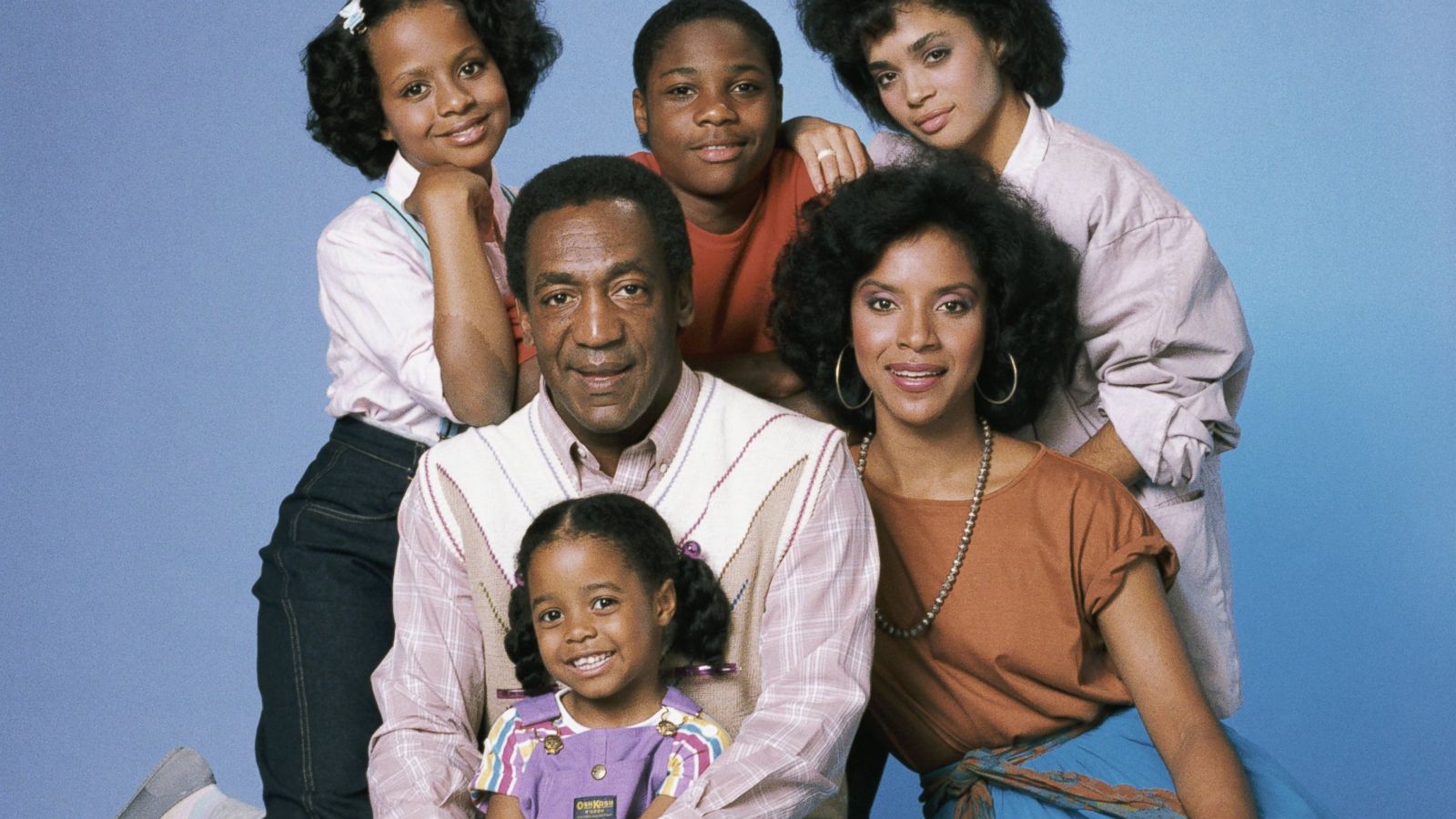
A group of sorority sisters from a university in the U.S. has found itself under scrutiny after attending a 1980s-themed party where some members dressed as characters from The Cosby Show, using blackface as part of their costumes.
The sorority in question reportedly organized the party with the intent to have fun and embrace the nostalgia of the decade, which included dressing up as icons from that era. However, the decision to portray beloved Cosby Show characters, including Dr. Cliff Huxtable and his family, crossed a line when several members resorted to “blacking up,” an act historically associated with racism and offensive stereotypes.
Blackface has a deep-rooted history in American entertainment, originating from minstrel shows in the 19th century, where white performers would use makeup to caricature Black people in demeaning and exaggerated ways. The use of blackface was an integral part of perpetuating racist stereotypes that have long-lasting effects on perceptions of African Americans. Despite awareness campaigns and education on the damaging history of blackface, incidents like these show that it remains a problem in modern-day contexts. Many students and faculty members were quick to express their dismay at the sorority’s lack of cultural sensitivity, pointing out that dressing as a person from another race—especially through blackface—is disrespectful and racist, regardless of intent.

In the wake of the backlash, the university has placed the sorority on probation, requiring them to undergo cultural sensitivity training as part of their rehabilitation. In a statement, the university condemned the actions of the students involved, affirming that they do not represent the values of the institution and promising to take measures to ensure that similar incidents do not happen again.
For some, the use of blackface at the party is not just an isolated incident but a reflection of a broader issue within the institution—a lack of awareness and education about the struggles faced by minority groups. “This isn’t just about one sorority,” said one student leader. “This is about the kind of environment that allows this to happen without people thinking twice about the implications of their actions.”
As the sorority begins its journey toward rehabilitation, there remains a question of how universities can better educate students about the history of race and racism, while promoting respect for all cultures. The conversation surrounding this event continues, serving as a reminder of the importance of empathy, understanding, and accountability in a diverse society.
In conclusion, while the sorority sisters’ intent may not have been malicious, their actions highlight the need for continued education on cultural sensitivity, especially in environments like universities, where diverse groups of people come together. Hopefully, this incident serves as a learning opportunity for the sorority and the broader community to better understand the impact of their choices on others.
